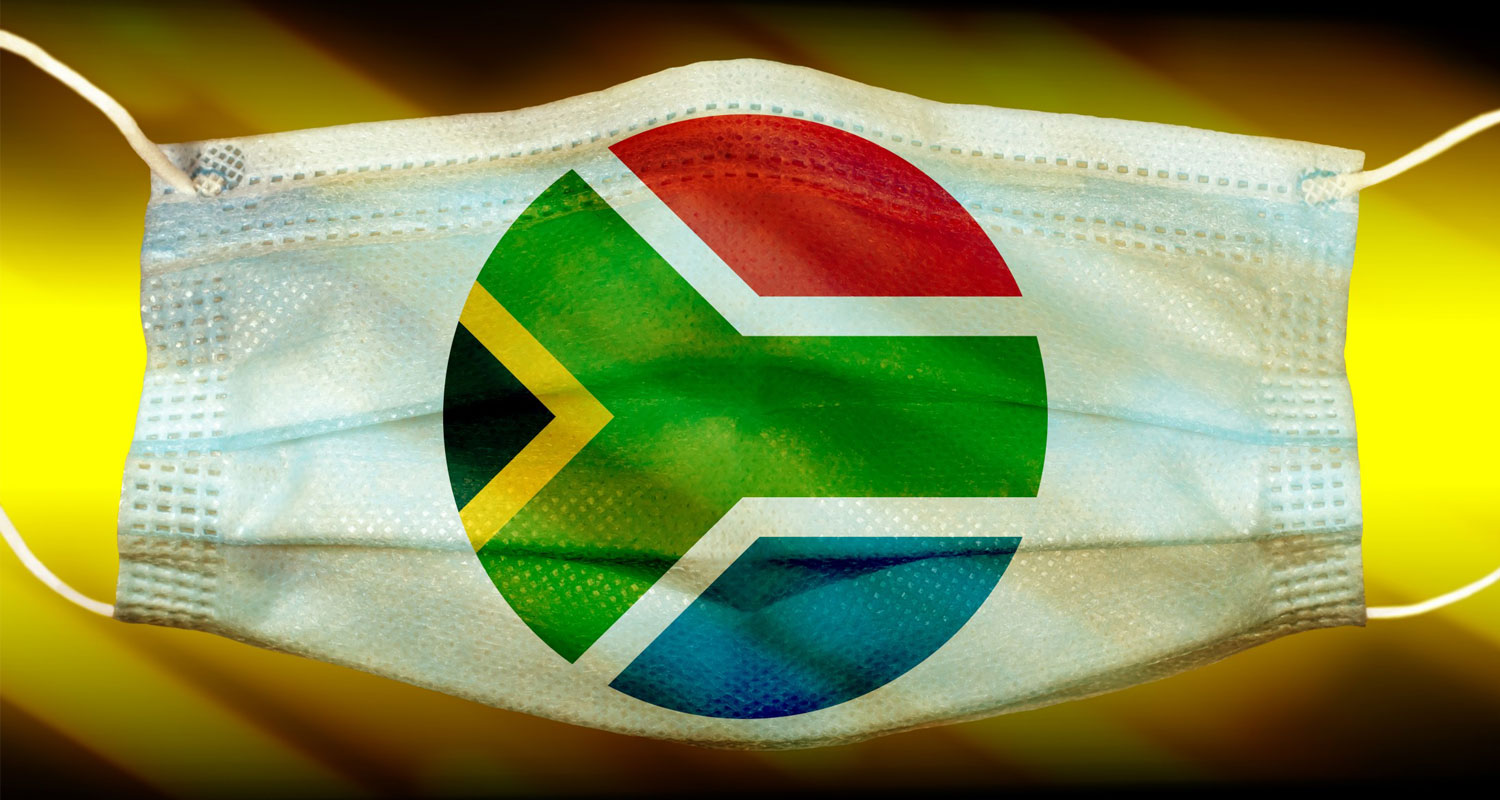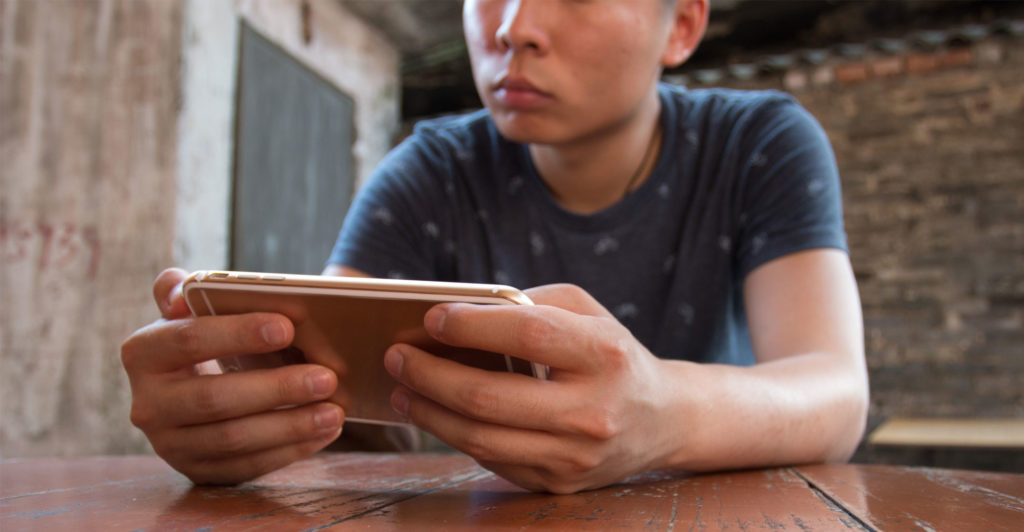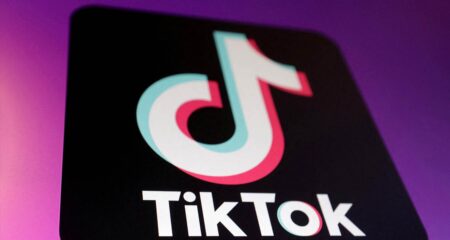 Today, Thursday, 27 March 2025, marks the fifth year anniversary of the commencement of the first Covid-19 lockdown in South Africa.
Today, Thursday, 27 March 2025, marks the fifth year anniversary of the commencement of the first Covid-19 lockdown in South Africa.
When these government-mandated lockdowns began, they were touted by President Cyril Ramaphosa as a 21-day precaution against the spread of the novel coronavirus. But it was only two years later, in April 2022, that the rules restricting freedom of movement were finally done away with.
Technology advanced rapidly in those two very long years, with the work-from-home phenomenon gaining traction alongside learning from home for children.
Shares of videoconferencing app company Zoom, which traded below US$70/share at the start of 2020, surged to an all-all time high of $559 by October of that same year on the back of global lockdown restrictions. Microsoft, with its Teams app, quickly upped its game to take advantage of the rapid growth in teleconferencing.
This digitalisation was not limited to the business environment, as social media usage also surged during the pandemic. With entire families at home and more in each other’s faces – and restrictions on the sale of cigarettes and alcohol limiting the number of outlets at their disposal – people took to social media for some much-needed downtime. Others, who faced higher levels of isolation, found refuge and a sense of community on social media.
Hello, internet
The search for things to do led inexorably to the internet, where an entire planet of people facing lockdown restrictions were developing a smorgasbord of indoor recreational activities. Some learnt how to cook, others started exercising for the first time in their lives (and stopped right after the pandemic) and the more adventurers event learnt how to brew their own alcohol. This is when TikTok, the Chinese short-video app whose popularity was previously limited to teenagers, exploded into the mainstream.
The playfulness of TikTok trends helped ease some of the frustration that lockdown restrictions placed on people’s freedoms. Some of these, such as the limitations on social gatherings, curfews, social distancing and mask mandates, at first made sense in light of the pandemic; others were so nonsensical that they led to anger and frustration. However, some of the TikTok challenges trending at the time bordered on stupidity, perhaps reflecting the dystopian state of affairs at the time. Does anyone remember the milk crate challenge?
Read: White House pressured Facebook to take down Covid-19 content: Zuckerberg
Meanwhile, smokers and drinkers in need of a fix found a smouldering black market of illicit cigarettes and alcohol. Traffic police were still getting their “cooldrinks”, though, and an underground delivery market thrived despite the challenges. Bizarrely, most e-commerce was banned, too.
With premium cigarettes and beverages in short supply, prices of what were considered to be cheap brands soared to premium rates, challenging traditional perceptions related to brand loyalty and class identity. People were seemingly willing to pay any price to get whatever was available.
 Meanwhile, the rebellion against lockdown restrictions grew louder as the lockdowns stretched on with each passing Covid spike. Questions about the efficacy of Covid-19 restrictions sparked rampant speculation and fuelled conspiracy theories. The efficacy of Covid-19 vaccines also came under fire by a growing legion of anti-vaxxers.
Meanwhile, the rebellion against lockdown restrictions grew louder as the lockdowns stretched on with each passing Covid spike. Questions about the efficacy of Covid-19 restrictions sparked rampant speculation and fuelled conspiracy theories. The efficacy of Covid-19 vaccines also came under fire by a growing legion of anti-vaxxers.
Adding to the chaos was a hoard of misinformation funnelled through the same social media platforms that served as an outlet for pent-up frustration. One story about a million graves being dug in Soweto, apparently as part of a government plot to depopulate the country using the coronavirus as an excuse, should have easily been seen as hoax but wasn’t.
Read: There is now very little doubt that Covid leaked from a lab
Wave after wave of the Covid-19 virus came as new variants like Omicron emerged. However, one quality that remained the same throughout the pandemic was South Africans’ sense of humour, with memes like former health minister Nkosazana Dlamini-Zuma’s “Zol” song showing that even though the economy had come to a standstill, the South African spirit remained resilient.
Five years later, the Covid-19 pandemic is all but a fading bad memory. – © 2025 NewsCentral Media
Get breaking news from TechCentral on WhatsApp. Sign up here.




